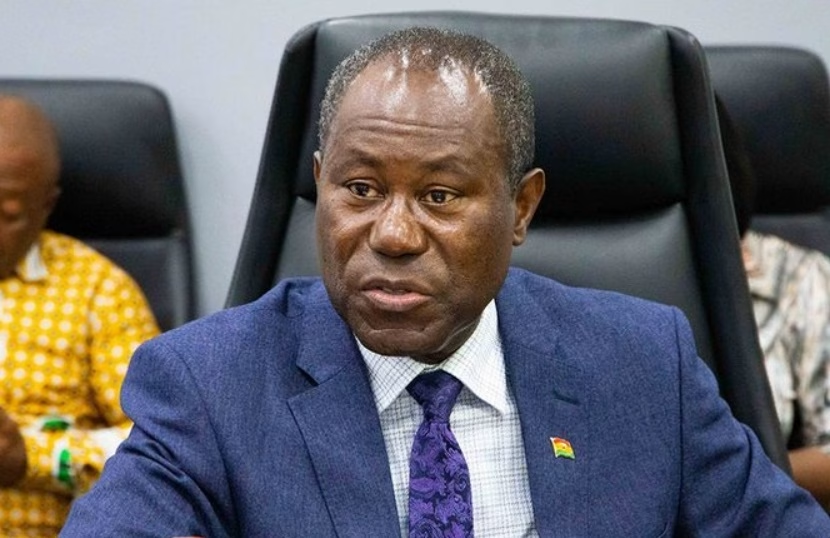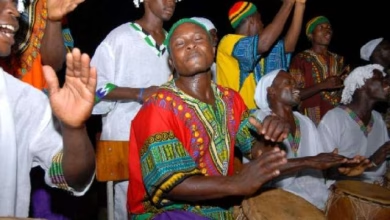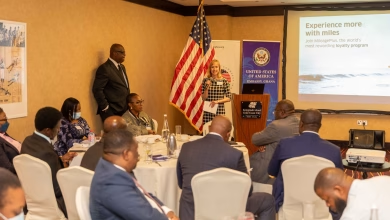The Ghana Cocoa Board (COCOBOD) has made a significant announcement regarding its financing strategy for the upcoming cocoa crop season. Starting in September 2024, COCOBOD will transition to self-financing, marking a departure from its 32-year reliance on offshore borrowing.
This shift in approach is aimed at reducing COCOBOD’s dependency on external funds. According to CEO Joseph Boahen Aidoo, this new strategy is expected to save an estimated $150 million.
Speaking to the media on Tuesday, August 20, Aidoo emphasized the importance of learning from past experiences. “Is it good that always COCOBOD should be heard going to borrow? Are we comfortable with that tag? Today, you have heard that COCOBOD is not going to borrow.”
Aidoo explained that COCOBOD has learned valuable lessons from its 32-year experience with offshore borrowing. “We think that it is high time we wean ourselves from the offshore international financial markets and then finance the crop ourselves here.”
The decision to self-finance is expected to have numerous benefits. COCOBOD is seeking $1.5 billion for the upcoming crop season, and by avoiding offshore borrowing, the organization can save over $150 million in interest rates and costs.
Aidoo highlighted the significant savings that will result from this new approach. “Last year, the interest rates were over 8 percent, plus the cost. By not going offshore, we can save more than $150 million.”
In addition to the financial benefits, Aidoo emphasized the importance of self-sufficiency. “It is quite a good time for any human being to learn his or her lessons.” Aidoo also addressed concerns that COCOBOD is short-changing farmers with its pricing of cocoa. “It is not true that COCOBOD is not giving the farmers a fair price.”
He pointed out that COCOBOD has been fair to farmers, particularly during times when global cocoa prices have collapsed. “The government had been more than fair to farmers because this was a time when prices had collapsed, but the government and COCOBOD did not reduce the farmers’ price.” The transition to self-financing marks a significant milestone for COCOBOD, demonstrating its commitment to financial sustainability and reducing reliance on external funds.




